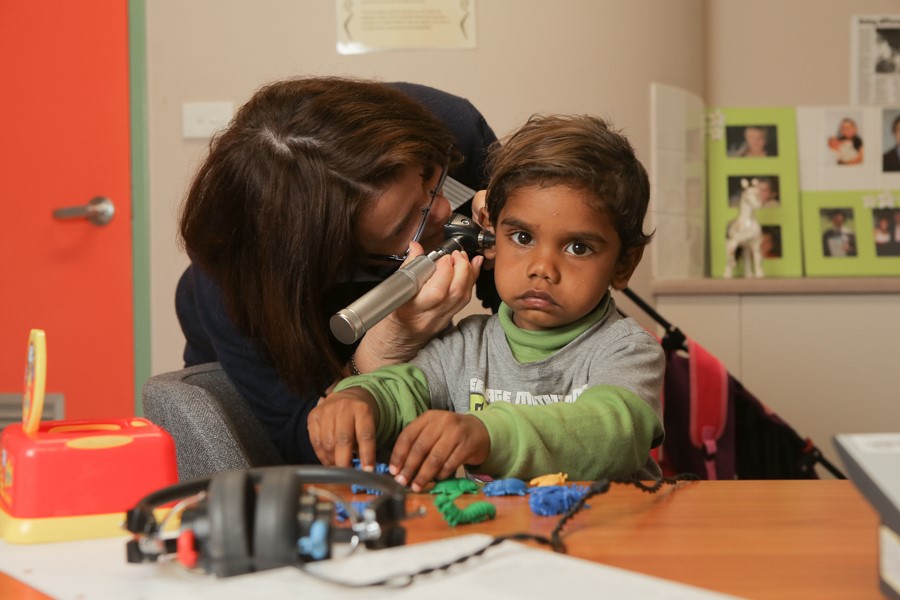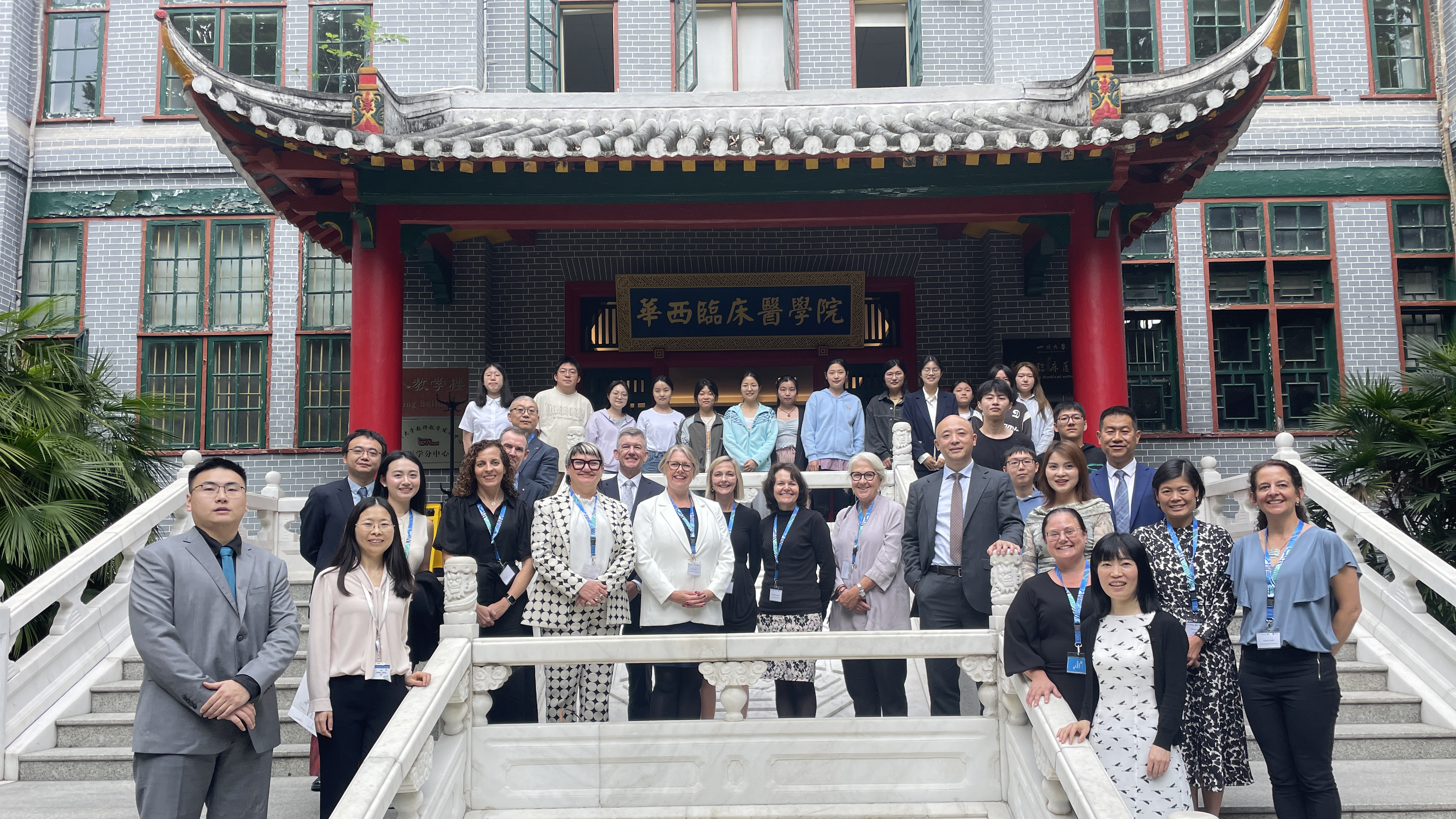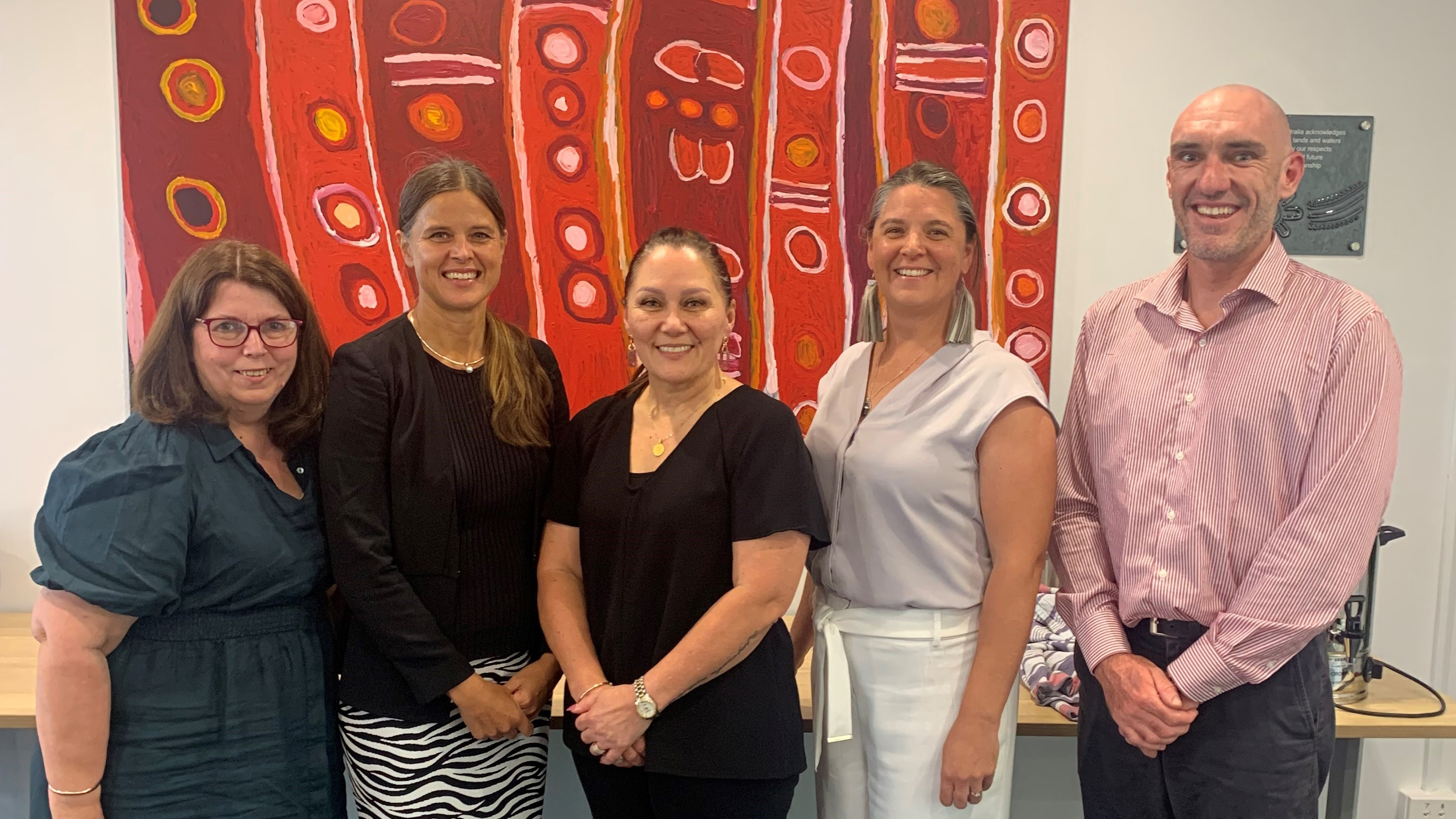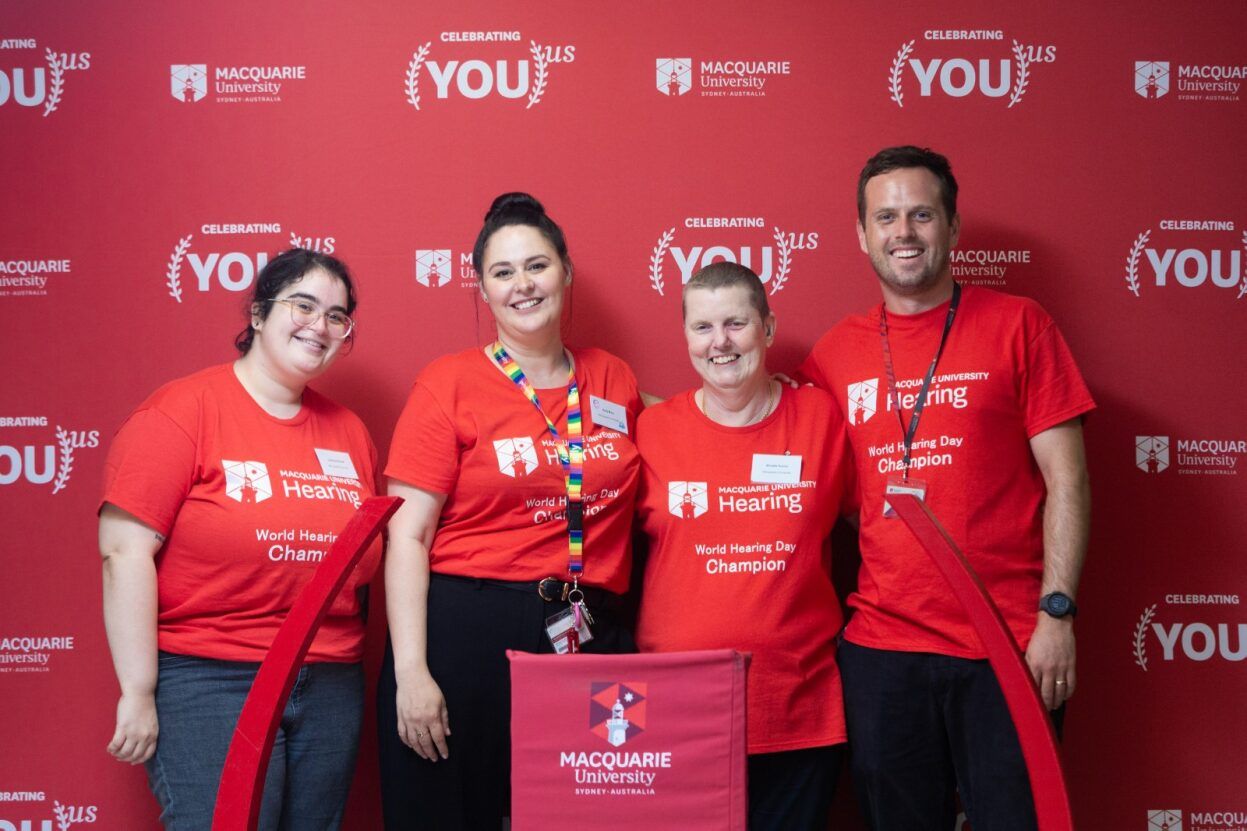
A Macquarie University research team has been awarded a government grant of $1,961,473.90, over three years, by The Medical Research Future Fund to complete a study on improving care pathways for treating middle ear disease in Aboriginal children.
Compared with the non-Indigenous population, middle ear disease or otitis media (OM) occurs earlier, more frequently, and is more severe in Aboriginal communities – referred to by the World Health Organisation as a “massive public health problem”. Effective pathways for early detection and management of OM can significantly reduce the severity and longer-term impacts of OM and the resultant hearing loss.
“The vast majority of hearing loss in Aboriginal children is arguably a direct result of persistent and pervasive OM,” says Professor Catherine McMahon, Director of the Macquarie University Research Centre H:EAR. “Its high prevalence is linked with poorer educational outcomes, social and behavioural problems, and contributes to over-representation within the health and criminal justice systems.”
In partnership with three Aboriginal Community Controlled Health Services spanning urban, rural and remote geographical areas, the researchers will use the WHO framework for health systems performance to map the current healthcare system for OM in Aboriginal children. Then, together with the three Aboriginal communities, co-design, implement and evaluate a new approach to identifying and treating hearing loss early and effectively.
This case study approach will be led by Professor Cath McMahon from the Department of Linguistics, with MQ investigators including Professor Liz Pellicano from the Macquarie School of Education, Dr Leanne Holt, Pro-Vice Chancellor Indigenous Strategy, and Dr Kylie Gwynne from the Department of Medicine, Health and Human Sciences.
“Persistent and pervasive middle ear disease in Aboriginal children has life-long effects on health, education, employment and social and emotional well-being. While considerable funding, goodwill and the fundamental building blocks have been in place for many years, the success of programs has been limited,” says Professor Cath McMahon. “By using case studies, this project aims to explore the reasons for this, and co-design, implement and evaluate an alternative approach to addressing this major public health problem.”
The grant includes collaboration with Hearing Australia, the Poche Centre for Indigenous Health, University of Sydney, University of Western Australia and London School of Hygiene and Tropical Medicine.
“Macquarie University researchers strive to help shape the world we live in and provide real world impact through their research – this is important research to address a major health problem,” concluded Macquarie University Deputy Vice-Chancellor Research, Professor Sakkie Pretorius.








